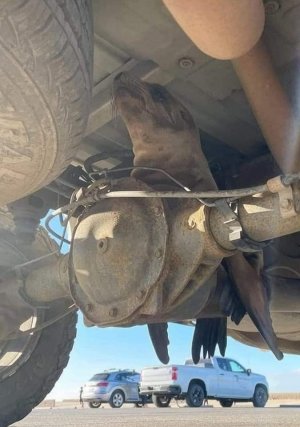
Reducing Seal and Sea Lion Numbers Would Aid Washington Chinook Salmon and Steelhead
Chinook salmon populations along the Northern Washington Coast and Puget Sound are plummeting, but a simple and cost-effective way to increase salmon numbers may be to reduce ravenous predators of the anadromous fish.

Pinniped Predation on Salmonids in the Washington Portions of the Salish Sea and Outer Coast - Washington State Academy of Sciences
This report provides a review of existing evidence about pinniped and salmonid populations in the Salish Sea, pinniped predation on salmonids, and the impacts of pinniped predation on salmon recovery.
 washacad.org
washacad.org
Last edited:






